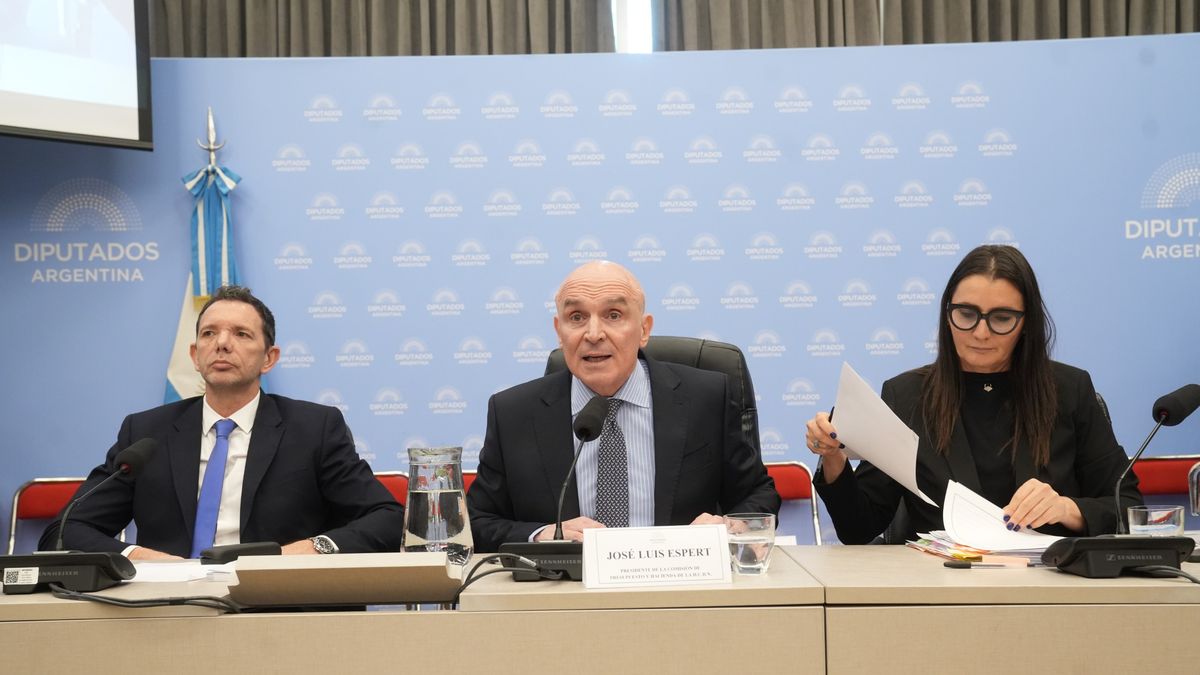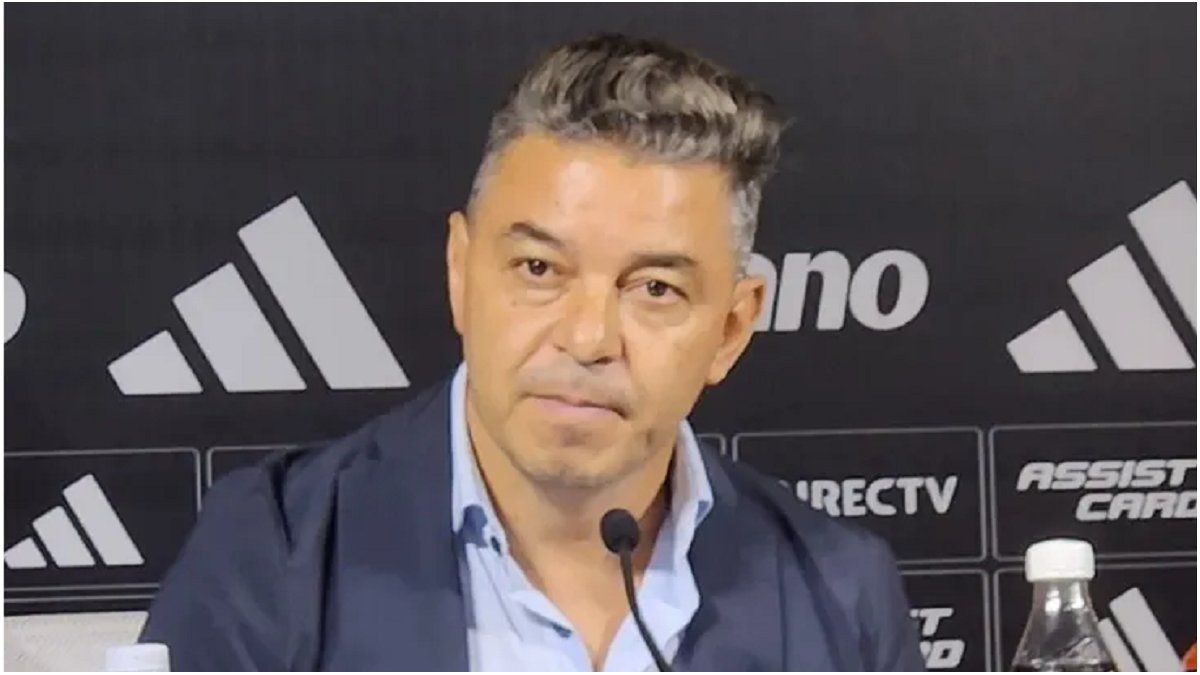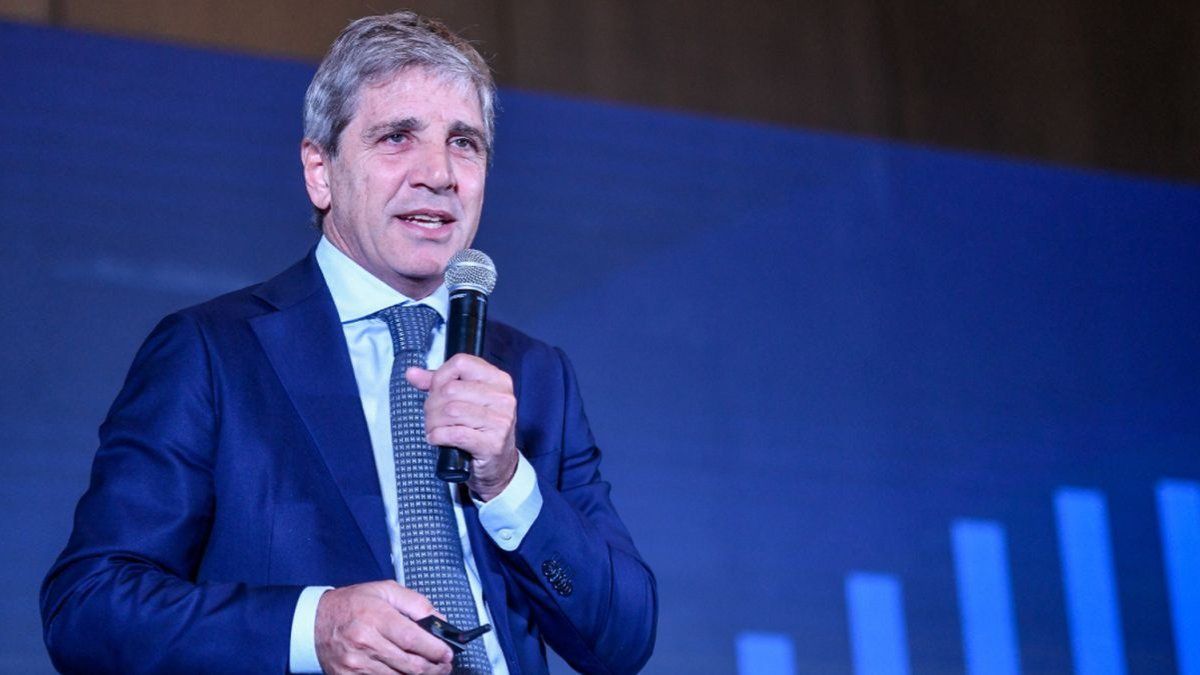Topics are the extremely high inflation, immensely increased energy costs, jerky supply chains and ongoing geopolitical uncertainties. The talks will start on September 19th. There are “very difficult signs” and the company will not be able to cushion the effects of the many crises on its own, according to the employer side.
“shoulder closure” demanded
“Inflation will all have to be shouldered together,” Christian Knill, chairman of the metalworking industry in the Chamber of Commerce (WKÖ), told journalists in Vienna on Tuesday. A kind of national “collusion” is needed in this “social task” – between employers, employees and the state – in order to cushion the crises as much as possible. Most of the inflation was imported.
“The industry is already expecting a recession in the next few months,” said Knill. “So the ice is very, very thin.” 2021 was a catch-up year for 2020, which was characterized by the corona slumps, and 2022 was still going well until May. Since then, however, the order intake books have increasingly emptied. The cost increases are not only extreme for energy but also for raw materials.
Traditionally, annual inflation over the past twelve months is used as the basis for inflation. The ÖGB expects 6.3 percent. In addition, the union – whose negotiators are PRO-GE and GPA – is demanding real wage growth, i.e. a deal above this mark. Although Knill spoke of 6.2 percent annual inflation, he said that the negotiations would not fail because of the inflation figure: “We will agree on the starting point.” In any case, inflation is “so high that the state has to take over part of it”.
But: In Germany, in contrast to Austria, politicians say that there is a risk of a loss of prosperity, says Knill. “We have to be prepared for the fact that we will also experience a loss of prosperity.” “It has to take into account what the state has already done for low incomes,” said the employer negotiator. “Of course we also want to do our part.” Employers would bring into the negotiations aid such as a climate bonus, energy aid, the end of cold progression and the like.
When asked whether the statements mean that the employers are aiming for a wage and salary agreement below annual inflation, Knill did not specifically respond. “We have to see in the negotiations that we find a deal that is acceptable for both sides. It’s about making sure that we remain competitive.” And backed up by figures, the employer representative also said that the competitiveness of domestic industry had “creepingly decreased” since the financial crisis of 2008/09 – due to higher wage and salary agreements in an international comparison. Unit wage costs in Austria have also risen above average for 20 years.
Knill emphasized that further help for companies is needed quickly, especially for the exorbitant energy prices – that could also help with the negotiations, it was said at the press conference. In any case, the employers are happy that there is the possibility of tax-free one-off payments of up to 3,000 euros. The union does not want one-off payments but “sustainable deals” in the form of real wage and salary increases. But company representatives pointed to many economic storm clouds on Tuesday. The economic outlook is not good, and there are large and probably ongoing uncertainties due to the geopolitical situation.
According to Knill, the metalworking industry is very fragmented. Metal companies that supply the energy industry are doing better at the moment, like Knill’s company itself. But prices and the availability of materials are also huge issues there. Things are also going a little better in mechanical engineering and in companies with a connection to construction, for example when they equip buildings with technical equipment. Things are worse in the metal goods industry with its longer-term orders.
The annual personnel expenses in the metal technology industry are around 9 billion euros. One percent increase in wages and salaries therefore corresponds to around 90 million euros. Like every year, Knill also emphasized that the industry is paid very well – 28 percent above the KV base wages and 12 percent above the KV base salaries. On average, there was a gross salary of 4,704 euros and a gross salary of 3,353 euros.
In total, more than 450 collective agreements are concluded every year. In addition to the rules of the game for working life, regulations are primarily made for income and working hours. The Metaller-KV negotiations, with which the starting signal is given, are generally and traditionally considered trend-setting. Specifically, the metallers start with the metal technology industry, of which Knill is the chairman. Around 134,000 people work there for around 1,200 mostly medium-sized companies (only 1.5 percent are large listed companies). Other metalworking sectors – in the end there were always the same degrees as in the metal technology industry, albeit their own – are mining steel, vehicle industry, foundry industry, non-ferrous metal industry as well as gas and heat supply companies.
Source: Nachrichten




